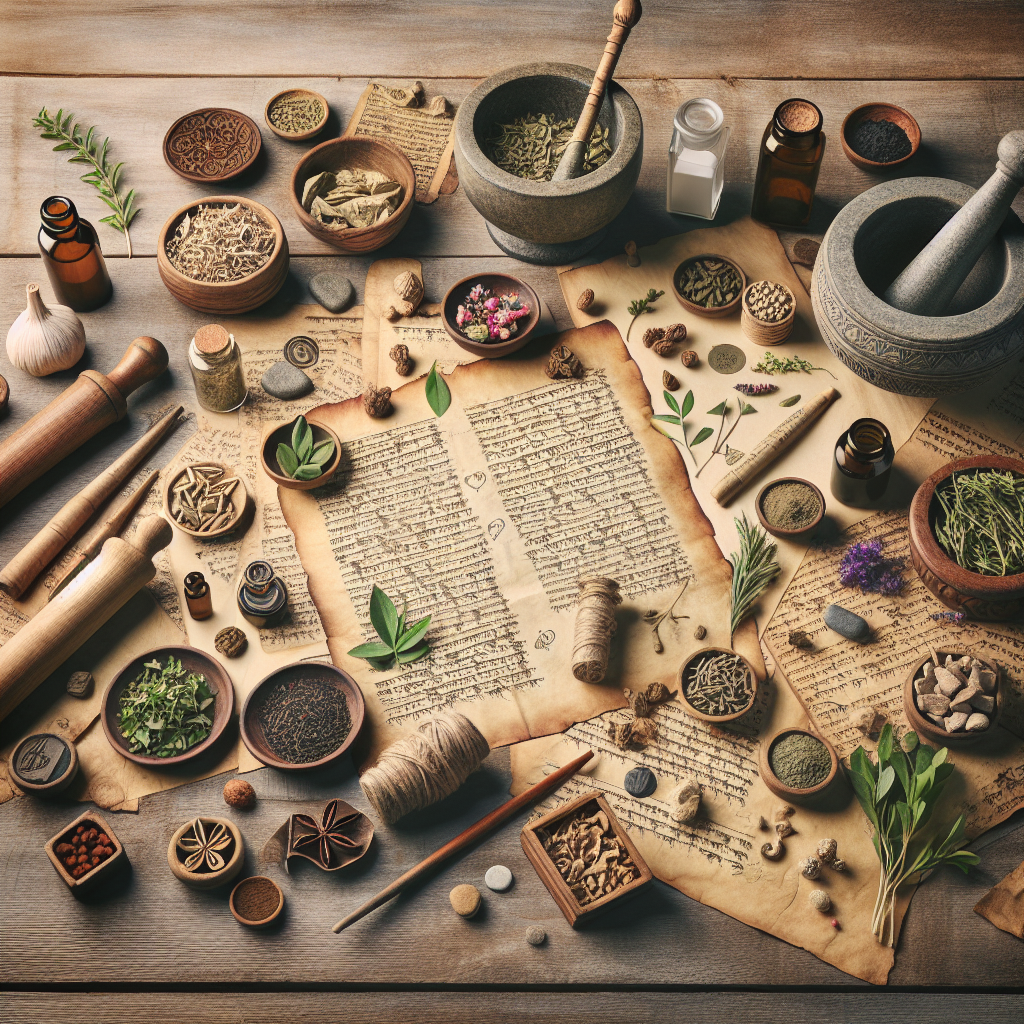National Expert Committee Advances Herb Safety Standards at AIIA Goa Meeting
The meeting marked a significant milestone in the Ministry’s effort to reinforce the scientific evidence base of Ayush interventions.

- Country:
- India
In a landmark move to bolster the safety and credibility of Indian traditional medicine, the National Expert Committee on Herb Safety Dossiers, constituted by the Ministry of Ayush, Government of India, convened its review meeting from 21st to 22nd July 2025 at the All India Institute of Ayurveda (AIIA), Goa.
The committee, co-chaired by Dr. A. Raghu, Deputy Director General (Ayush), and Dr. J. B. Gupta, brought together a panel of eminent scientists and experts from prestigious institutions including AIIA Goa and New Delhi, AIIMS New Delhi, CCRAS, DIPSAR, ITRA, IIT Jodhpur, CIMAP, and Savitribai Phule Pune University.
Strengthening Evidence-Based Traditional Medicine
The meeting marked a significant milestone in the Ministry’s effort to reinforce the scientific evidence base of Ayush interventions. Central to the deliberations was the review of safety dossiers for four major medicinal herbs widely used in Ayurveda:
-
Gokshura (Tribulus terrestris)
-
Tulsi (Ocimum sanctum)
-
Haridra (Curcuma longa)
-
Chandrashura (Lepidium sativum)
Each dossier underwent rigorous evaluation, synthesizing classical Ayurvedic references, modern toxicological and pharmacological studies, preclinical investigations, and available clinical data. This comprehensive approach ensures that these traditionally revered herbs now stand on robust safety credentials suitable for wider global acceptance.
Collaborative Scientific Effort
The initiative underscores the Ministry’s commitment to inter-institutional collaboration for promoting quality, safety, and efficacy in Ayush-based health care. The dossier development involved detailed technical inputs from pharmacognosists, toxicologists, clinical researchers, and Ayurvedic physicians.
The aim was not merely to validate traditional usage but to systematically document the safety profile in line with international regulatory frameworks, including those of WHO and major national drug authorities.
Global Safety Standards and Public Confidence
With increasing global interest in traditional medicine systems, the Ministry of Ayush is prioritizing scientific scrutiny and standardization. The herb safety dossier exercise is part of a larger policy framework focused on:
-
Promoting evidence-informed healthcare
-
Aligning with WHO’s Traditional Medicine Strategy
-
Ensuring public safety and global market compliance
-
Facilitating international recognition and export promotion
By building a transparent, evidence-based foundation, the Ministry aims to inspire greater public trust and clinical integration of Ayush therapies both in India and abroad.
Recognition and Future Roadmap
The Ministry of Ayush commended the dedication and contributions of the National Expert Committee and all collaborating institutions. It reaffirmed its unwavering commitment to:
-
Creating similar dossiers for more Ayush herbs
-
Supporting translational and clinical research
-
Establishing benchmarks for Ayush pharmacovigilance and regulatory guidance
This meeting signals a strong institutional push toward modernizing traditional medicine without compromising its roots, thereby charting a future where Indian traditional healing systems gain scientific legitimacy and international respect.










